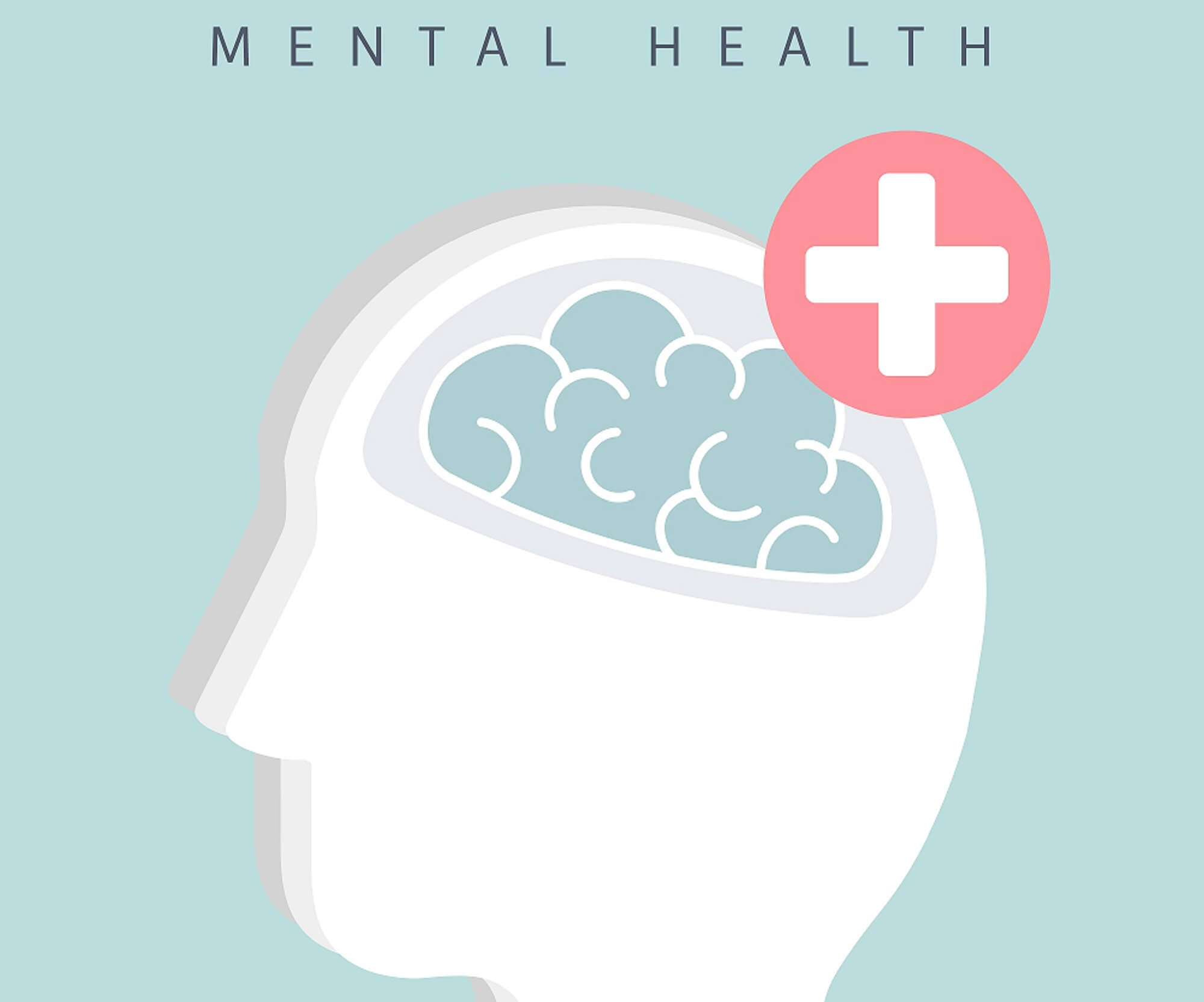Why is Mental health important ?
Today lets talk about something which is not taken as seriously as it should be ,yes it does comes into limelight whenever something related to it comes up , but than it disappears while the mental heath of many people does not .

“Mental health” refers to how people think, feel and act as they face life’s situations. Our mental health affects how we handle stress, relate to one another and make decisions. And mental health influences the way individuals look at themselves, their lives and others in their lives. Like physical health, mental health is important at every stage of life.so today lets talk about something which is not taken as seriously as it should be ,yes it does comes into limelight whenever something related to it comes up , but than it disappears while the mental heath of many people does not .
it is important to know that all aspects of our lives are affected by our mental health, and protecting our children’s mental health is a natural part of our parental obligation. Caring for our children—emotionally as well as physically—is critical to their daily lives and their independence.
The National Institute of Mental Health has a mantra, 'No health without mental health." However, due to the stigma that often surrounds mental health millions of people worldwide do not receive the help they need and often overlook this extremely prevalent health issue. According to the National Alliance on Mental Illness, in a given year, one in five, or 18.5% of American adults will experience a mental illness. Some of the most common and frequently reported mental illnesses include depression and bipolar disorders, anxiety, schizophrenia, dementia, and eating disorders. Depression is the number one cause of disability worldwide and is one of the most significant contributors to the global burden of disease, greatly impacting individuals and their families mentally, physically, socially, and financially. Mental illness affects everyone no matter their race, gender, culture, age, ethnicity, or sexual orientation.
With mental illness being so prevalent both in the United States and worldwide it is important to recognize the early warning signs.Each illness has its own set of signs and symptoms; no two experiences with a mental illness will be the same. Reaching out if think you or someone you know needs help can make all the difference. Your health insurance carrier, a primary care physician or nurse, family, and friends can all be great resources to seek out when taking control of your mental health. The Department of Health and Human Services encourages you to ask questions, stay involved in your health care throughout the process, surround yourself by trusted loved ones, live well with diet and exercise, and maintain activities that you enjoy to better ensure positive mental health. For more information on specific mental illness, warning signs, treatment options, support, and how to help loved ones dealing with mental illness
